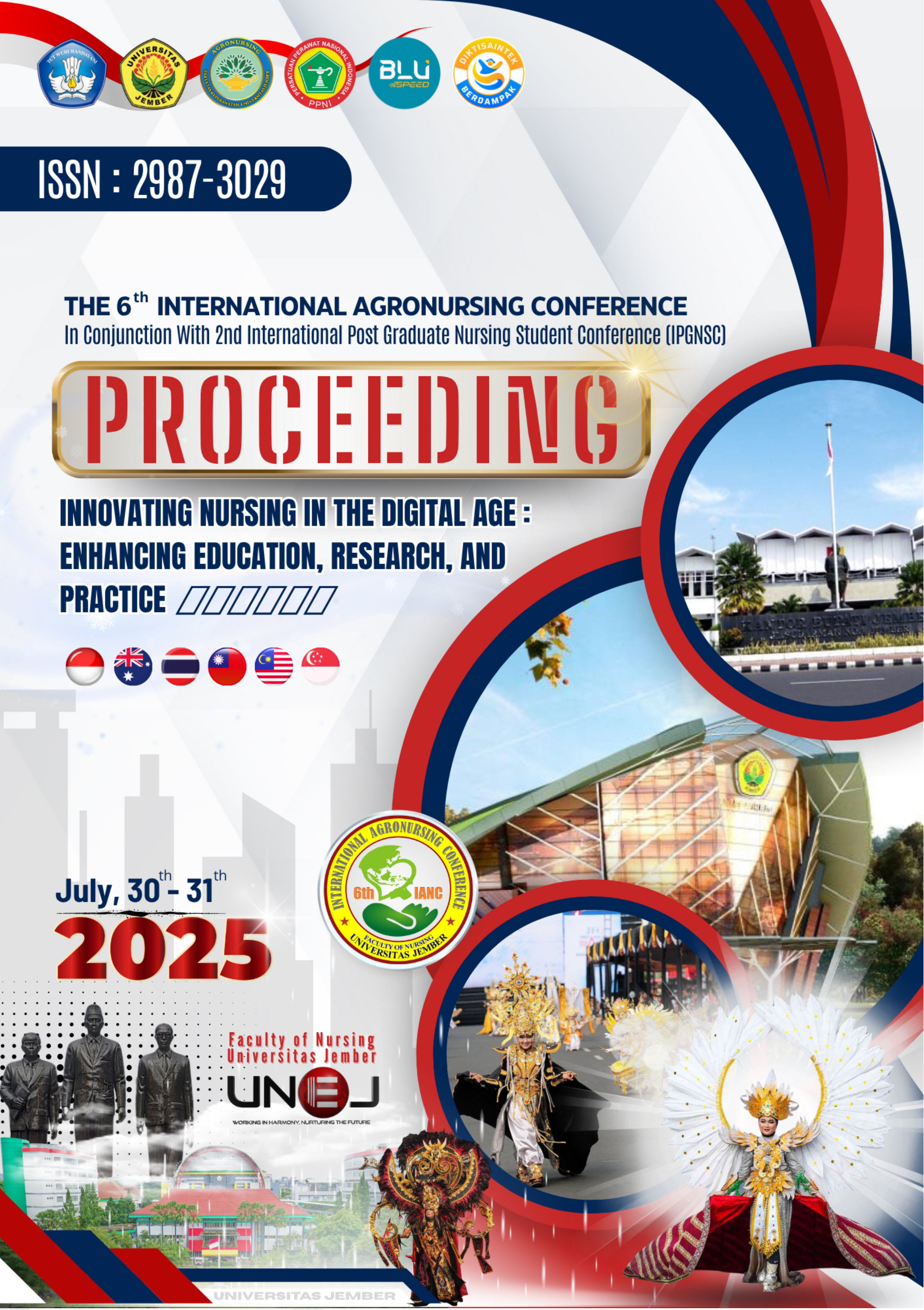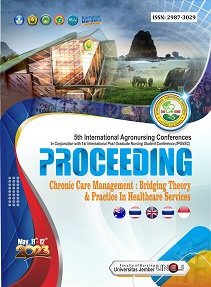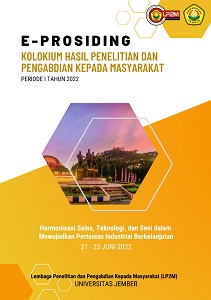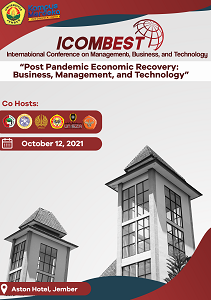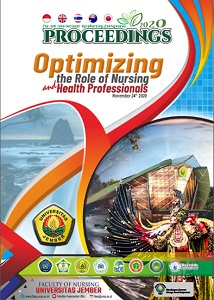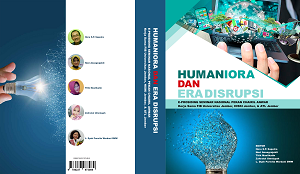PATIENT’S SELF-EFFICACY: A RODGERS’ EVOLUTIONARY CONCEPT ANALYSIS
Abstract
Background: Patient self-efficacy is a critical factor in the successful management of illness, particularly in chronic conditions that require active engagement and long-term adherence. Although widely studied, the definition and application of this concept in nursing remain inconsistent, limiting its use in guiding theory-based interventions. Objective: This study aims to construct a more structured and contextual understanding of patient self-efficacy to support the development of nursing interventions that foster patient empowerment and autonomy in managing their health. Methods: This study employed Rodgers’ Evolutionary Concept Analysis. A comprehensive literature search was conducted across four databases (PubMed, Scopus, ProQuest, and ScienceDirect) using the keywords: “self-efficacy,” “patient,” “attributes,” “antecedents,” “consequences,” “nursing,” and “health behavior.” English-language articles published between 2019 and 2024 were selected based on defined inclusion and exclusion criteria. Results: A total of 21 articles were analyzed. Three core attributes of patient self-efficacy were identified: cognitive-affective processes, motivation, and self-appraisal. Four antecedents emerged: mastery experiences, vicarious experiences, verbal persuasion, and physiological-emotional states. The findings revealed a stronger emphasis compared to previous studies on emotional regulation and reflective self-appraisal as central determinants of health behavior. This expands the conceptual focus beyond the commonly highlighted domains of past experience and social support. Conclusion: This analysis refines the conceptual structure of patient self-efficacy by incorporating deeper internal psychological dimensions, particularly relevant to chronic disease management. The results offer a practical foundation for developing nursing interventions that are not only educational but also responsive to patients’ emotional and cognitive readiness for self-care.

